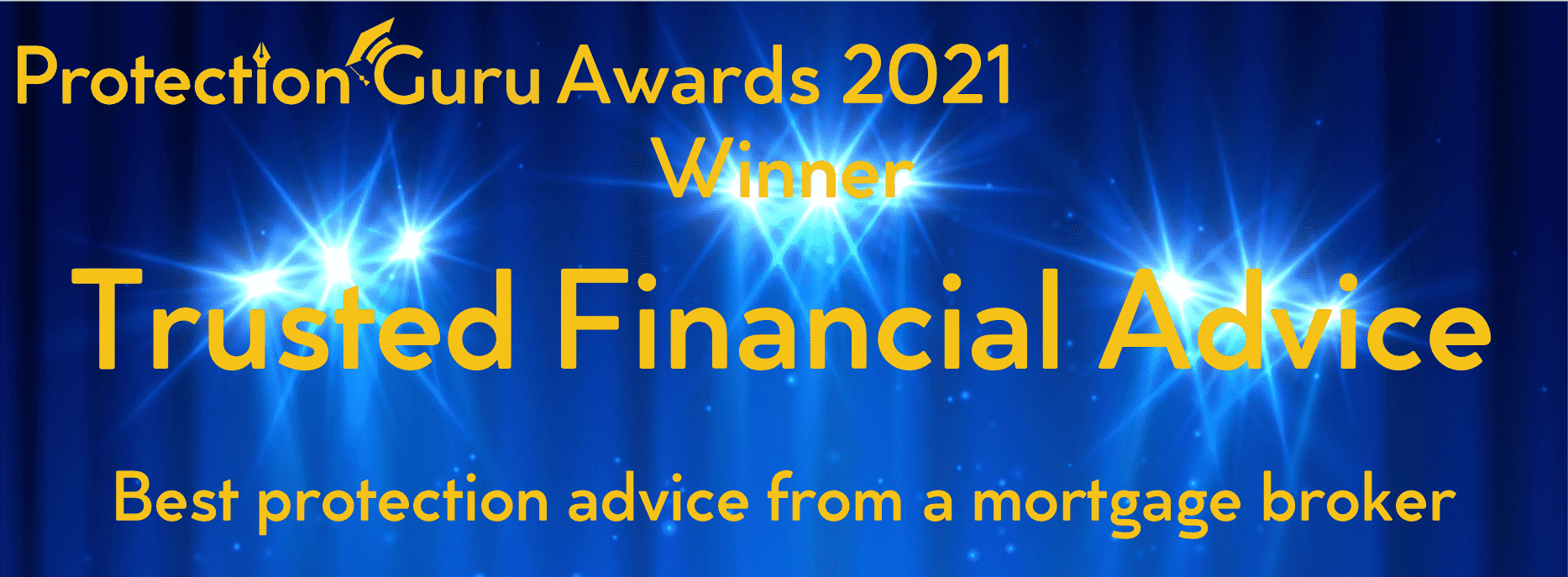Protecting yourself from property fraud
Is it really possible for fraudsters to steal your home?
For many of us, our property is the most valuable asset we own. It can be sold and mortgaged to raise money and can therefore be an attractive target for fraudsters. The prospect of having our home stolen and sold from under us may seem somewhat fanciful, but it does happen.
Fraudsters may attempt to acquire ownership of a property either by using a forged document to transfer it into their own name or by impersonating the registered owner. If a property is fraudulently transferred into a different name with the use of fake documentation, the property can then be sold without the real owner’s knowledge or consent.
Fraudulently sold
Homeowners may be unaware that information held with the Land Registry is available to view by anyone through the Land Registry website. This includes fraudsters, who can easily find out who owns a property, their correspondence address, lender details and even samples of their signature.
When a home is owned mortgage free, rented out or left vacant, it can be more susceptible to property fraud. But you can take steps to protect your property from being fraudulently sold or mortgaged.
Receive alerts
Firstly, ensure that the title deed information the Land Registry holds for your property is accurate and up to date. Then you can sign up to receive property alerts if someone applies to change the register of your property, for example, if someone tries to use your property for a mortgage. For more information, visit HM Land Registry: https://propertyalert.landregistry.gov.uk/
This will not automatically block any changes to the register but will alert you when something changes so that you can take action. You can receive alerts for up to ten properties and no fee is payable for the service.
Property restriction
You can stop HM Land Registry registering a sale or mortgage on your property unless a conveyancer or solicitor certifies the application was made by you. Your conveyancer or solicitor may charge you for providing a certificate if one is required by a restriction on your property.
As a prospective buyer, if you are purchasing a property that is not registered with the Land Registry, make sure your vendor provides you with sufficient evidence to confirm their ownership before any money changes hands.
What do you do if you suspect property fraud has taken place?
If you’re a victim of property fraud you can contact the HM Land Registry property fraud team: HM Land Registry property fraud team, email:reportafraud@landregistry.gov.uk telephone: 0300 006 7030: Monday to Friday, 8am to midday and 1:30pm to 3:30pm.
Taking a few simple steps to protect you and your family against fraud can help to achieve peace of mind in an uncertain world.


